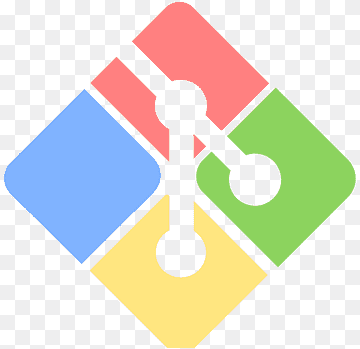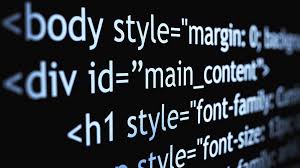What Functional Programming Languages are Best to Learn Now?

Functional programming is a subset of programming which focuses on creating programs through functions. Unlike object-oriented programming which is based on classes where data and the functions that operate on them are separate, in Functional programming, data and the functions that operate on them are treated as one entity. Learning functional programming languages is becoming more popular as software development companies require usages of simplified syntax, natural support for concurrency, and fast execution times.
There are a variety of functional programming languages, but some of the best to learn are:
1. Haskell: Considered one of the most established functional programming languages, Haskell has the largest active user community compared to other FP languages. Haskell is a general-purpose language, and it’s an excellent language for solving complex problems. It comes with extensive libraries to handle tasks including string, date, and time manipulation.
2. Erlang: Erlang is designed specifically for concurrent distributed systems, and it is widely used in applications like telecommunications, chat systems, and financial trading platforms. Erlang’s syntax is a bit different from other languages, and it supports both Functional and Procedural paradigms.
3. Clojure: Clojure is based on Lisp, and it is a powerful language to learn. It is a great choice if you want to build large-scale systems for web development, data analysis, or machine learning. Clojure is a viable choice if you are working with Java as it runs on the Java Virtual Machine (JVM).
4. Elixir: Elixir is built on top of Erlang, but its syntax is more like Ruby. It is an enjoyable language to learn, and it is ideal for building scalable, distributed applications. Elixir features high-level abstractions, and it has a set of excellent libraries.
5. Scala: Scala is also a general-purpose language and can be used for the development of web applications, data analysis, or data processing applications. It is interoperable with Java, and it runs on the JVM. Learning Scala can be beneficial for developers who may have to work with large codebases.
Finally, which language you should learn depends on your needs and preferences. If you’re into building distributed systems, consider learning Erlang or Elixir. If data processing applications are your interest, Scala or Clojure is probably better. Otherwise, Haskell can accommodate a range of fields, and it has a vast user community. Whatever the choice of the language, there’s no harm in trying a few languages to see which you pick up on most easily. Becoming proficient in any of these functional programming languages will open many possibilities when it comes to software development.





